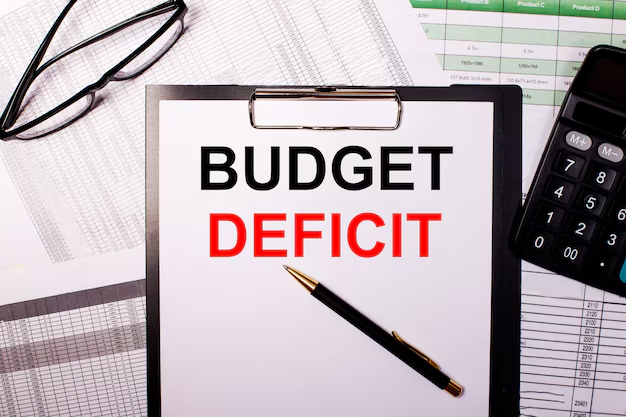Your Guide to What Is Medicare Tax On My Paycheck
What You Get:
Free Guide
Free, helpful information about Medicare Insurance and related What Is Medicare Tax On My Paycheck topics.
Helpful Information
Get clear and easy-to-understand details about What Is Medicare Tax On My Paycheck topics and resources.
Personalized Offers
Answer a few optional questions to receive offers or information related to Medicare Insurance. The survey is optional and not required to access your free guide.
Understanding the Medicare Tax on Your Paycheck
If you've ever scrutinized your paycheck and wondered about the Medicare tax deduction, you're not alone. This seemingly small line item is a crucial part of the U.S. social safety net, yet few fully understand its purpose and impact. Let's delve into what the Medicare tax is, why it's there, and how it fits into the broader picture of financial planning and assistance.
What Is the Medicare Tax?
Medicare tax is a federal payroll tax that funds the Medicare program, providing health insurance for Americans 65 and older, and for some younger people with disabilities. The tax is divided between employees and employers. As of 2023, the standard Medicare tax rate is 1.45% of your wages, which is matched by your employer for a total of 2.9%. Additionally, high earners pay an extra 0.9% in Medicare taxes on wages exceeding $200,000 for single taxpayers or $250,000 for married couples filing jointly.
Why Is It Important?
Medicare tax ensures that medical coverage is accessible to seniors and those with disabilities, contributing to their long-term health and financial security. It is deducted directly from your paycheck and contributes to the larger pool of funds that sustain healthcare services nationwide. For most people, participation in this program is involuntary but essential for sustaining a system that millions rely on.
Implications for Your Financial Planning
Understanding your paycheck deductions is vital. The Medicare tax affects your overall take-home pay and should be considered in personal budgeting and financial planning.
- Budgeting: Know beforehand what percentage of your earnings will go towards federal taxes, including Medicare.
- Tax Returns: While Medicare taxes cannot be claimed back during tax filings, understanding your deductions helps in comprehensive financial planning.
- Future Benefits: Paying into Medicare can be seen as an investment in your future healthcare needs.
Exploring Financial Assistance Options
While Medicare tax is an important part of your financial obligations, there are other programs and resources that can support your financial well-being. Whether it's coping with debt, funding education, or securing additional assistance, various options can aid in enhancing your financial security.
Here's a list of valuable programs and tools to consider:
- 💼 Government Aid Programs: Offers support for housing, food, and health, helping those in need to maintain basic living standards.
- 💳 Credit Counseling Services: Provides guidance to manage debt and improve credit scores.
- 🎓 Educational Grants: Help cover costs for tuition and other educational expenses, making higher education more accessible.
- 💰 Debt Relief Options: Programs specifically aimed at reducing or eliminating personal debt.
- 🏡 Housing Assistance: Aids individuals and families struggling with housing costs, ensuring affordable living arrangements.
- 🚑 Health Insurance Programs: Beyond Medicare, several state and federal initiatives offer varying levels of health coverage.
- 📈 Investing in Your Future: Consider retirement savings plans like 401(k)s or IRAs to boost your long-term financial security.
Understanding the Medicare tax on your paycheck is a small but crucial step toward better financial literacy. By being informed, you can better navigate the intricacies of paychecks and make more strategic decisions about financial objectives. Such knowledge opens up a landscape of government aid, financial planning, and educational opportunities that can support greater financial freedom and peace of mind.
What You Get:
Free Medicare Insurance Guide
Free, helpful information about What Is Medicare Tax On My Paycheck and related resources.

Helpful Information
Get clear, easy-to-understand details about What Is Medicare Tax On My Paycheck topics.

Optional Personalized Offers
Answer a few optional questions to see offers or information related to Medicare Insurance. Participation is not required to get your free guide.


Discover More
- Am I Elgible For Medicare
- Am I Enrolled In Medicare
- Am I Qualified For Medicare
- Are Adult Diapers Covered By Medicare
- Are Chemotherapy Drugs Covered By Medicare Part d
- Are Colonoscopies Covered By Medicare
- Are Covid Tests Covered By Medicare
- Are Cpap Machines Covered By Medicare
- Are Cpap Supplies Covered By Medicare
- Are Dental Implants Covered By Medicare
